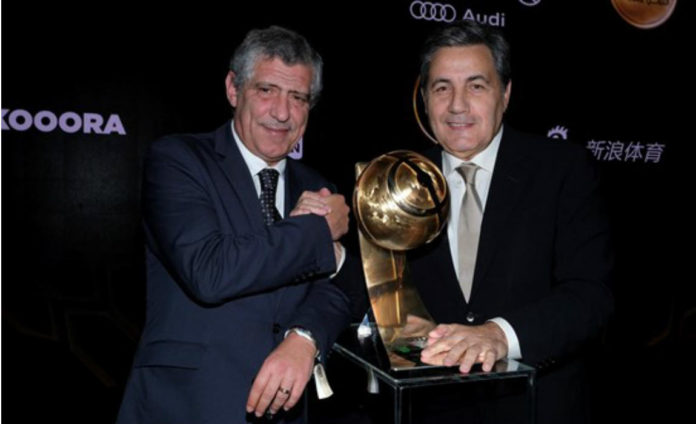In top-level sport, success is the overwhelming criterion for judging coaches. In professional sport, team owners, directors and fans clearly value the product (winning) greater than the process (performance).
Former elite players who become coaches are able immediately to garner respect and offer the seductive promise of having “been there and done it”, according to former tennis player Boris Becker. They understand the sport, the club, the fans – and, most importantly, how to win.
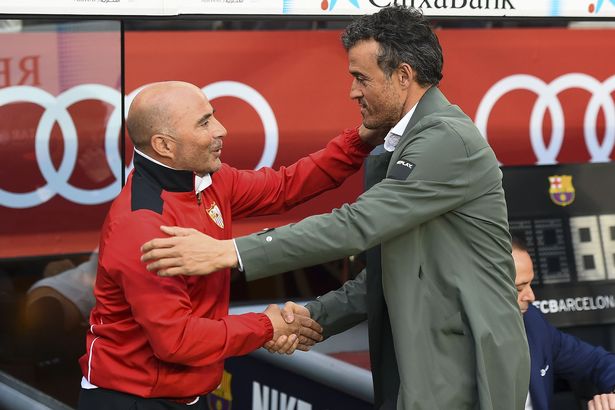 Playing is not coaching, much as studying is not teaching. Yet there remains a somewhat arbitrary assumption, legitimated within sporting cultures, that a professional playing background is the sole criterion for becoming a successful coach. This clearly is not the case.
Playing is not coaching, much as studying is not teaching. Yet there remains a somewhat arbitrary assumption, legitimated within sporting cultures, that a professional playing background is the sole criterion for becoming a successful coach. This clearly is not the case.
No evidence exists that a person can only coach at the highest levels if they have performed there. More specifically, there is no established threshold to be crossed to be eligible for future coaching success.
What role does playing experience have?
However, playing experiences do give players an unusually good opportunity to learn about coaching from their own coaches.
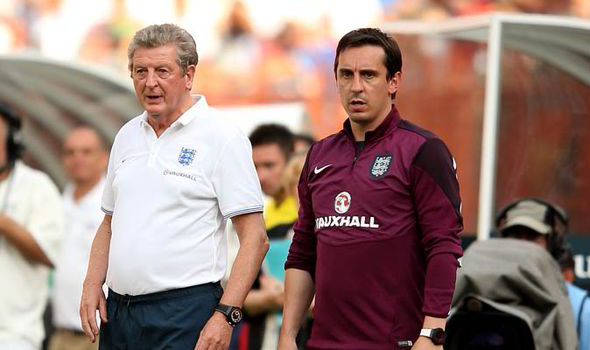
Previous analysis has shown playing experience does contribute coaching skills related to sport-specific knowledge, such as technical and tactical aspects, and a degree of “organisational socialisation”. This is where playing serves as part of a broader apprenticeship: an inculcation into shared understandings regarding aspects of a job.
However, these experiences can only give a partial view of coaching, and may not reveal the true extent of the coach’s role. What’s missing is what happens away from face-to-face training: the countless hours engaged in planning and preparation, the complex orchestration of commitments across all aspects of the business, and the personally challenging reflections that quality coaches engage in throughout their careers.
This may give some insight into why former players moving directly into coaching positions often face difficulties.
Clearly, then, previous playing experience has a role to play. And top-level playing experience – while not essential – can serve a socialising role within a coach’s development. But it does not justify the privileging of ex-players with fast-tracked progression through compulsory coach accreditation structures and enhanced career prospects within coaching.
In AFL, Michael Voss is a clear example of where moving into coaching so soon after playing can be fraught. Retiring at the end of 2006, Voss secured one of only 16 head coaching positions in the league at the end of 2008, when he became coach of the Brisbane Lions, the team he captained to three premierships.
Between retiring and beginning coaching he had done some TV commentary and coached a junior representative side. By mid-2013 Voss was sacked. That experience and his engagements since probably mean he is a much better coach now.
Research shows there are advantages for coaches who have not played at an elite level. For example, those without elite playing backgrounds are generally able to start coaching and developing their craft much earlier. They tend to have more extensive and varied experiences in all aspects of coaching work and the pathways of their sport.
Similarly, coaches with more modest playing backgrounds generally have more opportunities to gain other qualifications and experiences that are valuable and relevant for coaching.
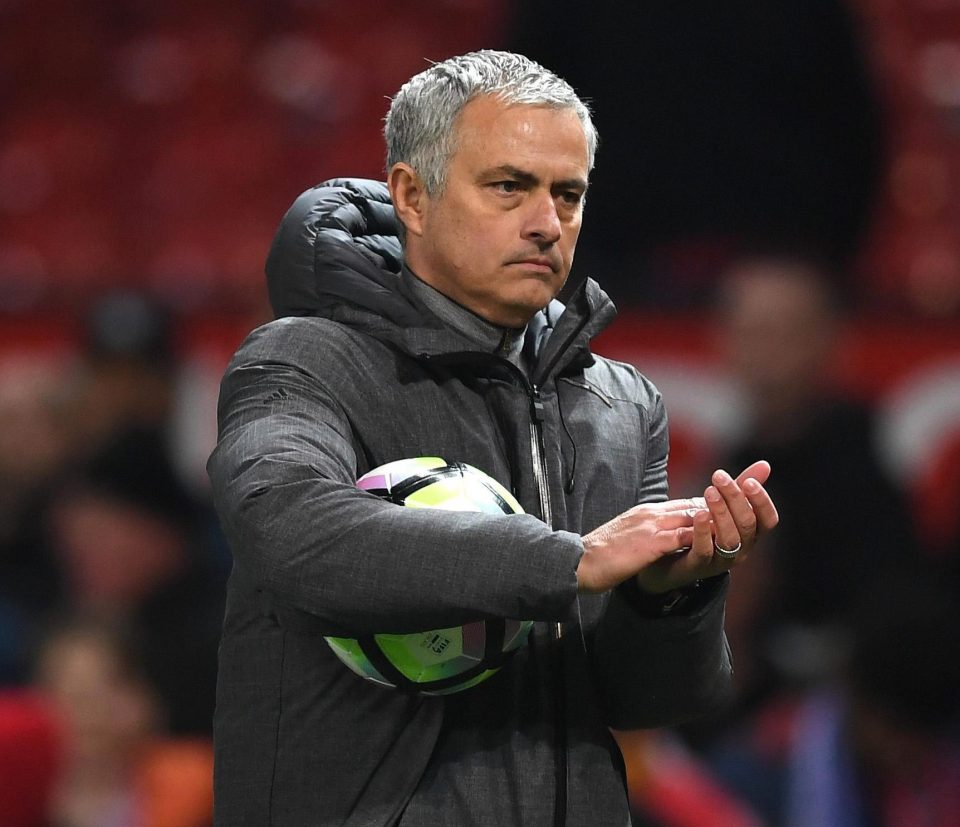 Jose Mourinho, the current manager of Manchester United (one of the world’s biggest sporting clubs), played less than 100 footbal games in the Portuguese second division. But he studied sport science, and worked as a physical education teacher, player scout, youth team coach and assistant manager before becoming a head coach. In his managerial career he has won league titles in Portugal, England, Italy and Spain.
Jose Mourinho, the current manager of Manchester United (one of the world’s biggest sporting clubs), played less than 100 footbal games in the Portuguese second division. But he studied sport science, and worked as a physical education teacher, player scout, youth team coach and assistant manager before becoming a head coach. In his managerial career he has won league titles in Portugal, England, Italy and Spain.
Essentially, coaches who did not have a career as a player were able to develop coaching skills in ways former champions simply did not have the time to engage with – because they were busy maximising their athletic performances.
Problems and potential solutions
So, what’s wrong with former elite players immediately moving into elite coaching? First, it is inequitable. With little basis upon which to privilege hiring recently retired champions over those with higher levels of qualifications and experience, the situation is discriminatory and unjust.
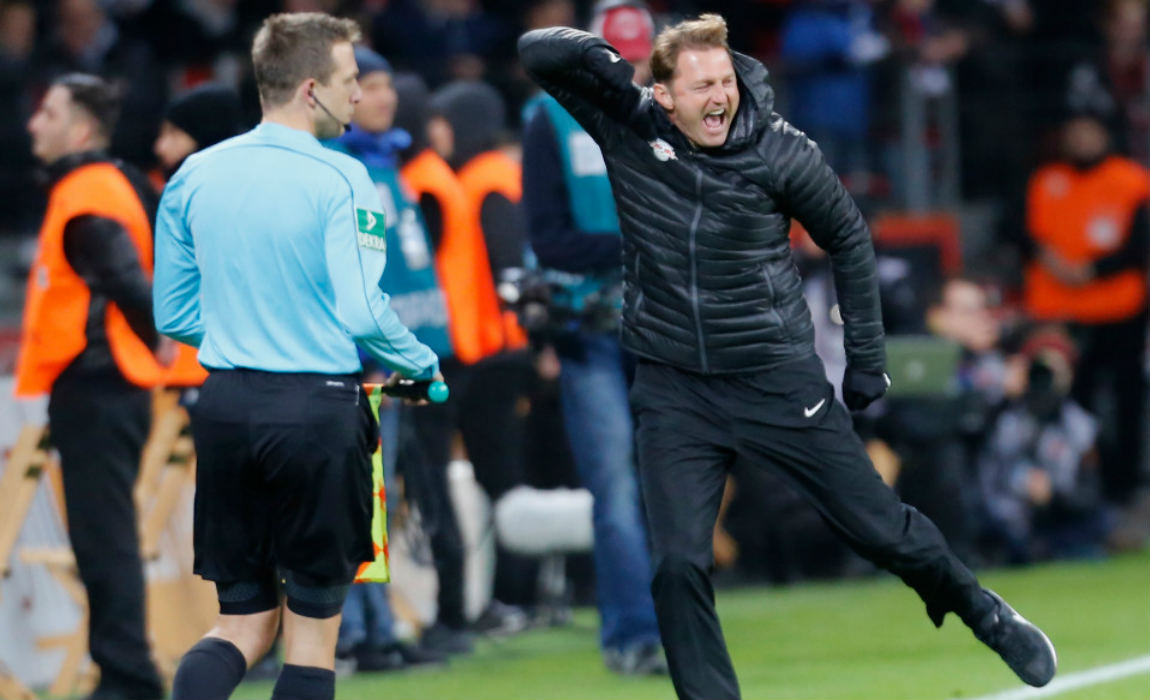 Just as problematically, the practice limits the pool of potential coaches from which to select. At the elite level, individuals and teams are all looking for an edge. But such practices serve to reinforce the status quo, limit innovation, and stifle creativity.
Just as problematically, the practice limits the pool of potential coaches from which to select. At the elite level, individuals and teams are all looking for an edge. But such practices serve to reinforce the status quo, limit innovation, and stifle creativity.
Best practice for employing elite coaches should include a thorough appraisal of what the job of coaching entails, and a robust and rational assessment of the fit between applicant backgrounds and the job requirements.
In order to continue to expand the potential coaching talent pool, sports should also promote some of the coaching success stories and celebrate examples of those from different backgrounds.
Finally, coaches and those employing them should recognise that learning does not stop simply because they’re in the top job. Ongoing support for learning and development is crucial in the fast-paced and volatile world of elite sport.
Just because you were good at sport does not mean that you can coach without furthering your qualifications and experiences, in the same way that just because you were good at school does not mean you can teach without gaining a teaching degree and engaging in professional development. We must ensure we do not simply continue to privilege those who are already privileged.

